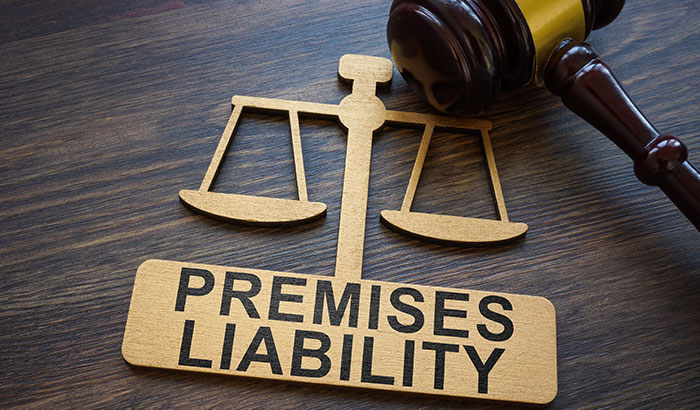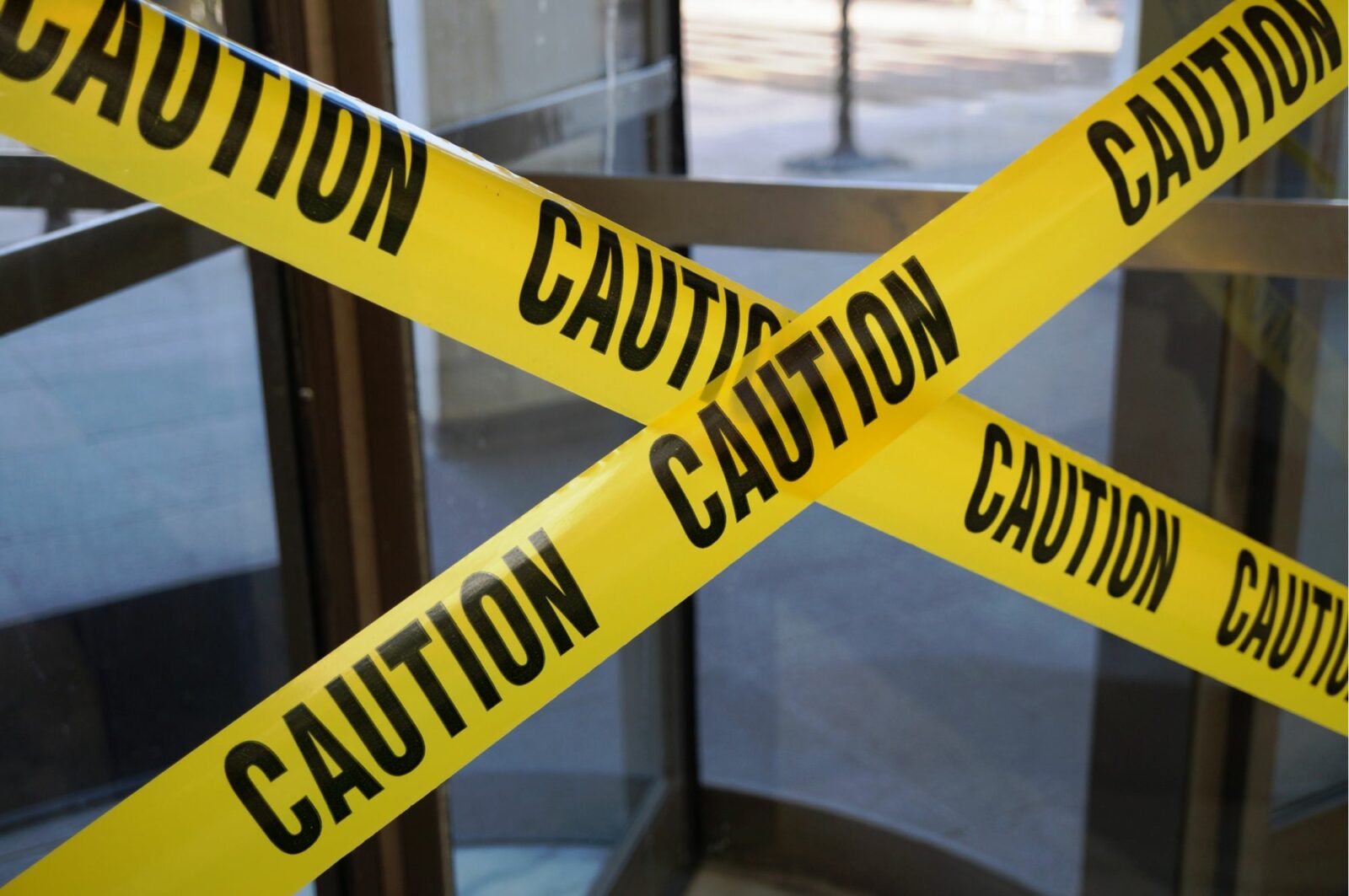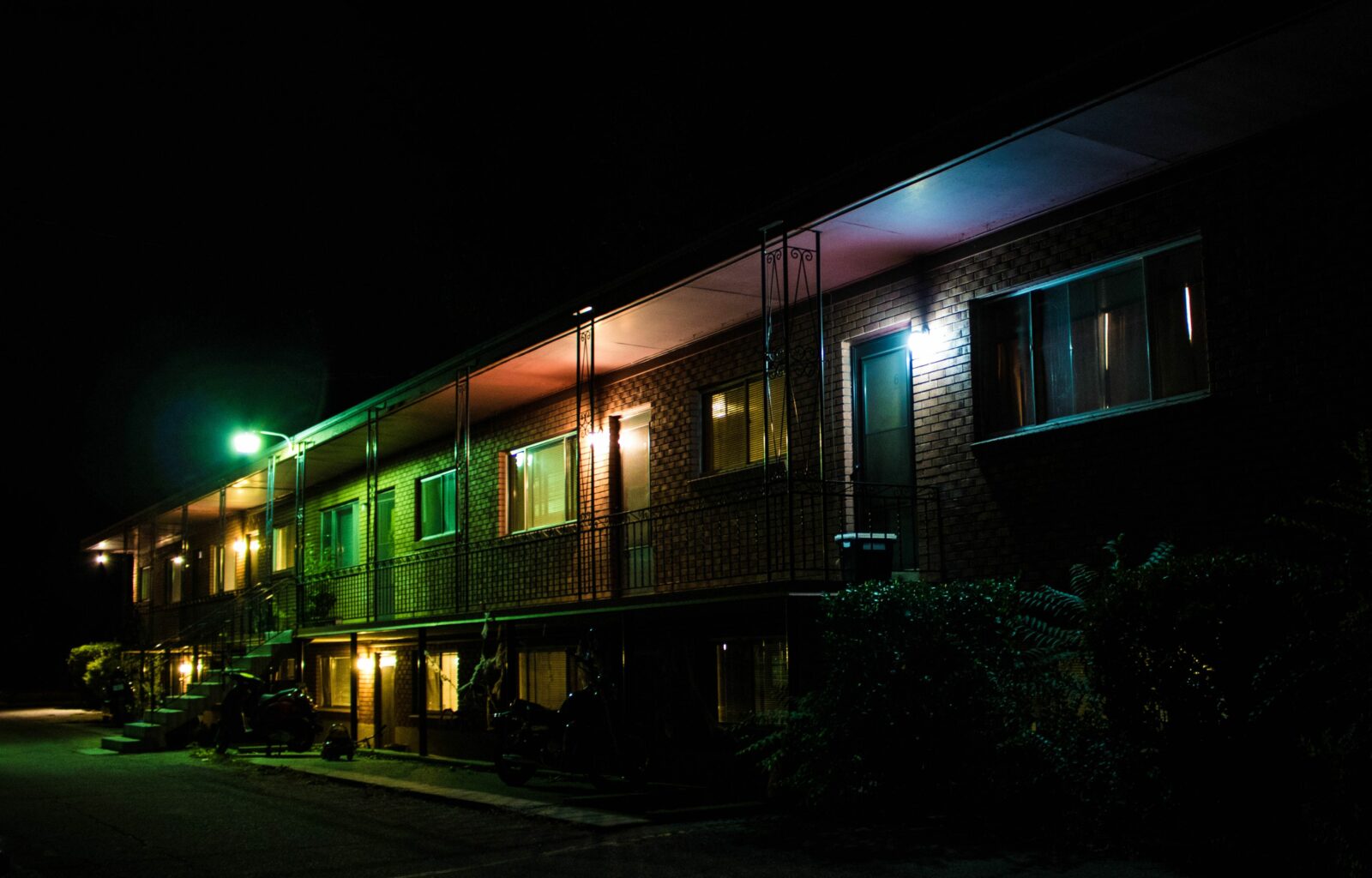Accidents can happen anywhere, at a grocery store, on a neighbor’s icy sidewalk, or in a poorly lit parking garage. When those accidents are caused by dangerous property conditions, victims often have the right to seek compensation under premises liability law. In Utah, this area of law holds property owners and occupiers accountable for injuries caused by unsafe or negligent conditions on their premises.
If you or someone you love has been injured in a slip, trip, or fall, understanding Utah’s premises liability law is the first step toward protecting your rights. This guide explains how the law works, who can be held responsible, and what you need to know about slip-and-fall accidents in Utah.
Defining Premises Liability in Utah
Premises liability refers to the legal responsibility of property owners and occupiers to maintain reasonably safe conditions for people who enter their property. When a property owner fails to fix or warn about a hazard—and someone is injured as a result, they can be held liable for the resulting damages.
Common types of premises liability claims include:
- Slip-and-fall accidents
- Trip-and-fall accidents
- Accidents caused by falling objects
- Injuries from defective stairs or handrails
- Dog bites on private property
- Poor lighting or inadequate security leading to assault
Slip-and-fall cases are the most frequent type of premises liability claim and can occur in both public and private spaces, from retail stores to apartment complexes.
Utah’s Legal Standard for Premises Liability
In Utah, a property owner’s duty of care depends on the legal status of the person who was injured on the property. There are generally three categories of visitors:
Invitees
An invitee is someone who is invited onto the property for the owner’s benefit, such as customers in a store or clients at a business. Property owners owe the highest duty of care to invitees and must actively inspect the property and fix or warn of any hazards.
Licensees
A licensee is someone who enters the property for their own purposes with the owner’s permission, like a social guest. The owner must warn licensees of known dangers but isn’t required to inspect for unknown risks.
Trespassers
A trespasser is someone who enters the property without permission. In general, property owners owe limited duties to trespassers, but there are exceptions, particularly for children or if the owner intentionally creates danger.
Understanding how you are classified under Utah law is a key factor in determining whether you have a valid premises liability claim.
Slip-and-Fall Accidents in Utah
Slip-and-fall accidents are among the most common, and most misunderstood, personal injury cases. Many people believe that if they slip on someone else’s property, they automatically deserve compensation. In reality, these cases must meet specific legal criteria to be successful.
To prove liability in a Utah slip-and-fall case, you must generally show that:
- A dangerous condition existed on the property
- The property owner knew or reasonably should have known about the hazard
- The owner failed to take reasonable steps to fix or warn about the hazard
- That failure directly caused your injury
For example, if you slipped on a puddle in a grocery store that had been there for an hour with no warning sign, you may have a valid claim. However, if the spill had just occurred seconds before your fall, the store may not be held liable because they didn’t have a reasonable amount of time to discover and address the hazard.
Common Causes of Slip-and-Fall Accidents
Slip-and-fall accidents in Utah can happen anywhere and for a variety of reasons. Some of the most common causes include:
- Wet floors with no warning signage
- Icy sidewalks or parking lots that haven’t been treated
- Uneven pavement or cracked walkways
- Loose floorboards or torn carpeting
- Poor lighting that makes hazards difficult to see
- Cluttered aisles in stores or offices
These conditions may seem minor, but they can lead to serious injuries, especially for older adults or individuals with mobility challenges. Property owners must stay vigilant in maintaining their premises to prevent these types of incidents.
Proving Negligence in a Premises Liability Case
To win a premises liability claim in Utah, you must prove negligence. This means showing that the property owner breached their duty of care and that the breach directly caused your injury.
There are several key components to a successful claim:
- Duty: The owner had a legal obligation to keep the premises reasonably safe.
- Breach: They failed to fulfill that duty (e.g., not clearing ice from a sidewalk).
- Causation: The dangerous condition caused your accident.
- Damages: You suffered physical, financial, or emotional harm as a result.
Gathering evidence is crucial. After a slip-and-fall or similar incident, it’s important to document the scene, take photographs of the hazard, obtain witness statements, and seek prompt medical treatment. The more evidence you have, the stronger your claim will be.
The Role of Comparative Fault in Utah
Utah follows a modified comparative fault rule, which means your compensation can be reduced, or eliminated if you’re found partially at fault for your accident.
Here’s how it works:
- If you are less than 50% at fault, you can still recover damages, but your compensation will be reduced by your percentage of fault.
- If you are 50% or more at fault, you are barred from recovering any damages.
For example, if a jury determines you were 20% at fault for not watching where you were walking and the property owner was 80% at fault for not salting an icy walkway, you could still recover 80% of your damages.
This makes it essential to work with a skilled Utah premises liability lawyer who can defend you against exaggerated claims of fault and help maximize your recovery.
Statute of Limitations for Premises Liability in Utah
In Utah, personal injury victims have a limited window of time to file a lawsuit. The statute of limitations for premises liability claims is generally four years from the date of the injury. However, if your case involves a government entity, such as a fall on public property, you may have to follow special procedures and meet a much shorter deadline (sometimes as little as one year).
Missing this deadline can result in losing your right to compensation altogether. That’s why it’s critical to speak with an attorney as soon as possible after your accident.
What Damages Can You Recover?
If you were injured in a slip-and-fall or other premises liability accident, you may be entitled to compensation for a range of losses, including:
- Medical expenses (emergency care, physical therapy, surgery)
- Lost wages from time missed at work
- Future earning capacity if you can’t return to your previous job
- Pain and suffering related to physical and emotional trauma
- Loss of enjoyment of life due to long-term effects of your injury
In rare cases, you may also be awarded punitive damages if the property owner’s conduct was especially reckless or egregious.
Why Legal Representation Matters
Premises liability cases are rarely straightforward. Property owners and insurance companies often deny responsibility, argue that you were careless, or try to downplay the seriousness of your injuries. Without strong legal representation, it can be extremely difficult to obtain fair compensation.
An experienced premises liability attorney can:
- Investigate the cause of your accident
- Preserve and gather crucial evidence
- Consult with expert witnesses
- Negotiate with the insurance company
- Take your case to trial if necessary
When the stakes are high, having a knowledgeable legal advocate on your side can make all the difference in your case.
Speak With a Utah Premises Liability Lawyer Today
If you or a loved one has been injured in a slip-and-fall or other accident on someone else’s property, don’t navigate the legal process alone. The trusted team at Flickinger Boulton Robson Weeks is here to help you understand your rights and fight for the compensation you deserve. Call us today at (801) 500-4000 to speak with a skilled Utah premises liability lawyer and schedule a free, no-obligation consultation.



